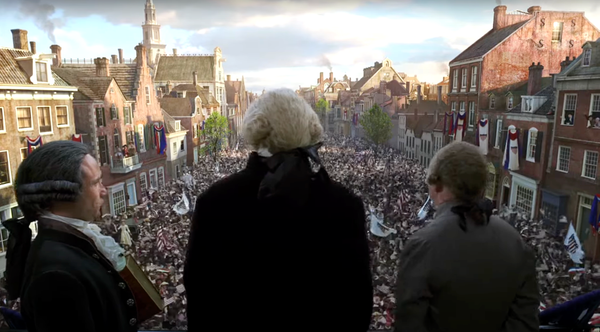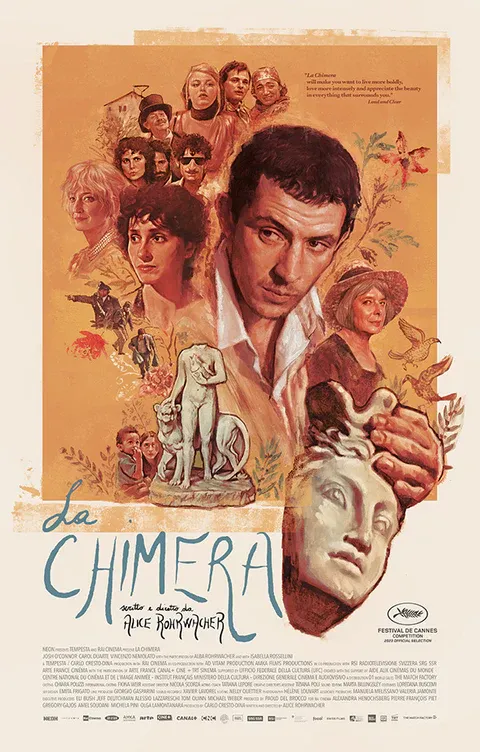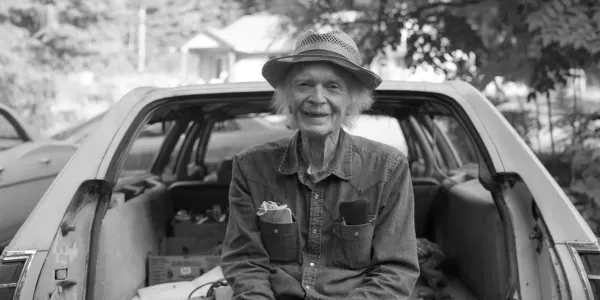The Watchcast: "In The Mood For Love"
Listen to Ty and Meredith discuss Wong Kar-wei's masterpiece and the unbearable sadness of desire.
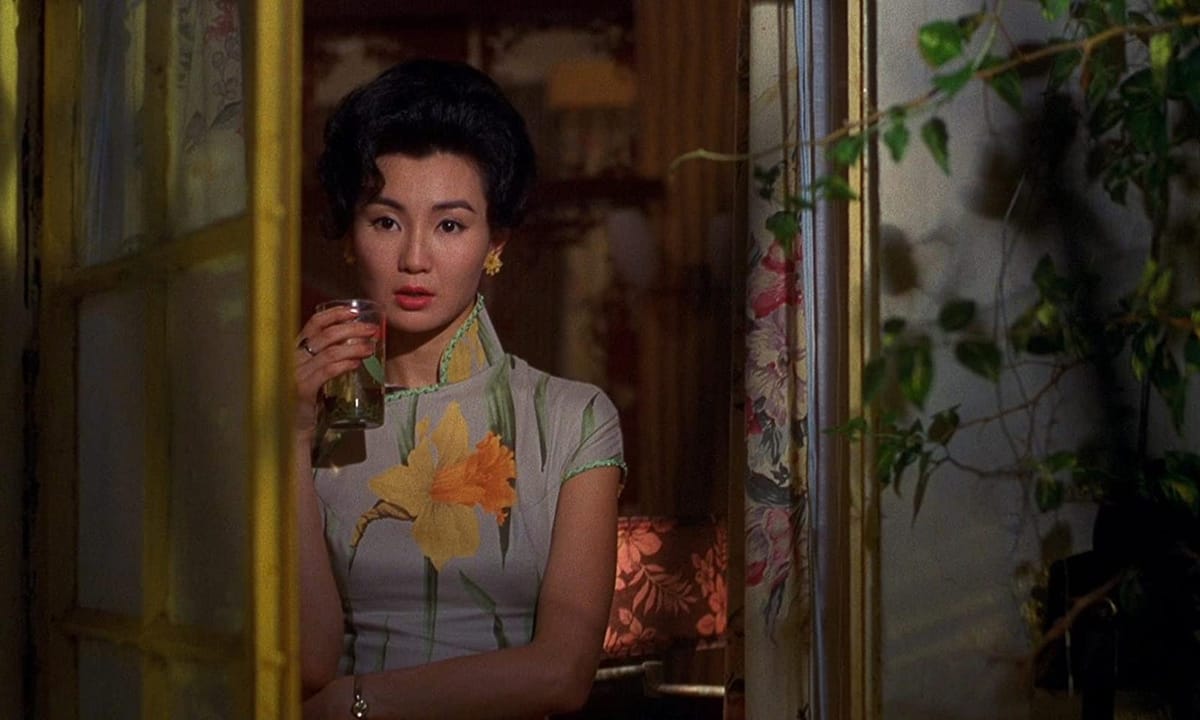
(A final reminder for readers in the Boston area: Tonight — Wednesday, April 13 — I’ll be appearing on the stage of Brookline’s Coolidge Corner Theatre to lead a Q&A with Dana Stevens, author of “Camera Man: Buster Keaton, the Dawn of Cinema, and the Invention of the Twentieth Century,” about which I had some nice things to say a few months back. Dana will be signing copies of her book, and a screening of the Keaton classic “The General,” with piano accompaniment by the indefatigable Jeff Rapsis, will start things off at 7 p.m. We’d love to see you there.)
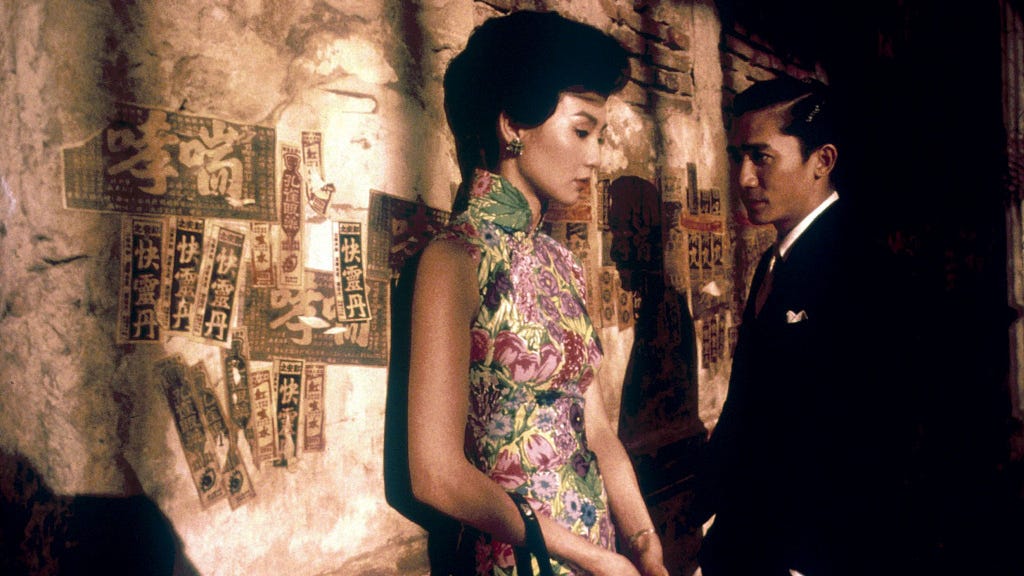
We’ve done Hollywood Cinderella stories, magic-love movies, and classic British romcoms, but for the last of our four podcasts on the subject of film romance, I and my friend and former Boston Globe colleague Meredith Goldstein — editor of the paper’s “Love Letters” column — are traveling around the world to 1960s Hong Kong as seen through the eyes of a director just stepping into the 21st century. “In the Mood for Love” (2000) is one of the most erotic movies ever made and also one of the most repressed — the two go manicured hand in elegant glove. The story of two neighbors, Chow Mo-wan (Tony Leung, above right) and Su Li-zhen (Maggie Cheung, above left) who learn that their spouses are having an affair and whose commiseration turns slowly into an attachment all the more passionate for their resisting it, “Mood” is a thing of gorgeous surfaces and a longing so intense it threatens to buckle the frame. The stars are heartbreaking, Leung a timid HK Cary Grant with his perfectly combed hair and Cheung keeping her smolder wrapped tightly in a succession of stunning, high-necked cheongsams.

Everything contributes to the tone of this cinematic fever dream: the costumes, the sets, the supporting performances, Christopher Doyle’s bruised cinematography, the obsessive musical motif (written by Japan’s Shigeru Umebayashi for a different film altogether, Seijun Suzuki’s 1991 “Yumeji,” but Wong makes it his own). It’s telling that we never see the adulterous spouses, just the backs of their heads — they’re unimportant anyway, other than providing Mo-wan and Li-Zhen with a fantasy of cheating that they act out in a wishful game of role playing.
Meredith had never seen “In the Mood for Love” before prepping for this conversation, and you’ll hear in her voice the awe of fresh discovery. We talk about why we expect Hollywood romances to end happily (and are shocked when they don’t) while expecting foreign language love stories to not end happily (and are shocked when they do); David Lean’s “Brief Encounter” (1945) and the lure of the forbidden; and the film’s position as the middle chapter in a loose trilogy of Wong works, the insanely good “Days of Being Wild” (1990) and the mostly insane (but also pretty good) “2046” (2004).
If you’d like to watch “In the Mood for Love” before or after listening to the podcast, it’s available for streaming on HBO Max and The Criterion Channel, and it can probably be found at your library. The Criterion DVD and streaming package offer a number of extras, including deleted scenes that make clear that this could have been a far steamier film than the one it ended up as. What we’ve got is merely one of the most rapturous 98 minutes in the history of the movies.
I hope you’ve enjoyed these four podcasts — there will be more on the way with new guests in the near future. Watch this space, and thanks for listening.
If you enjoyed this edition of Ty Burr’s Watch List, please feel free to share it with friends.
If you’re not a paying subscriber and would like to sign up for additional podcasts, postings, and to join the discussions, here’s how:
If you’re already a paying subscriber, I thank you for your generous support.


